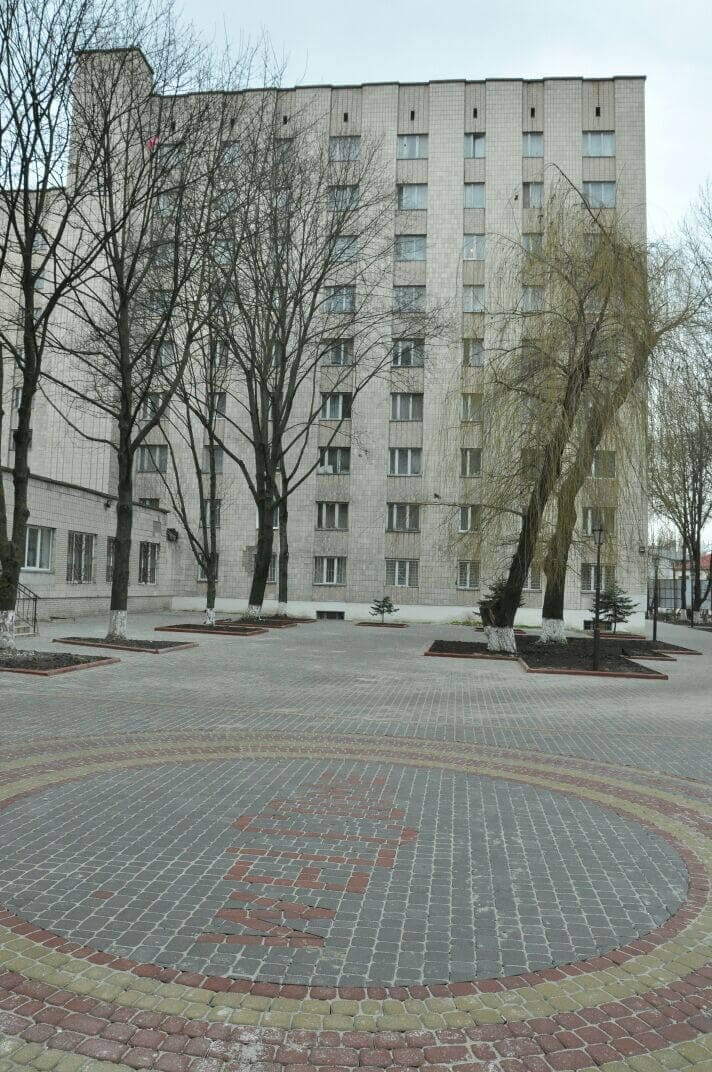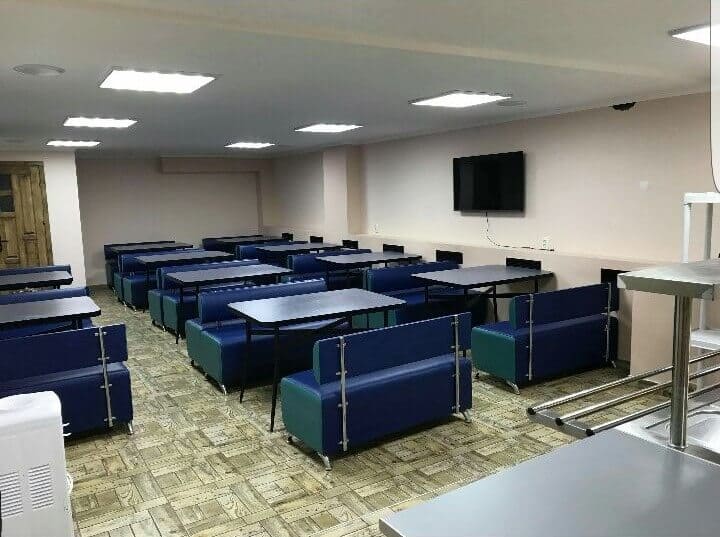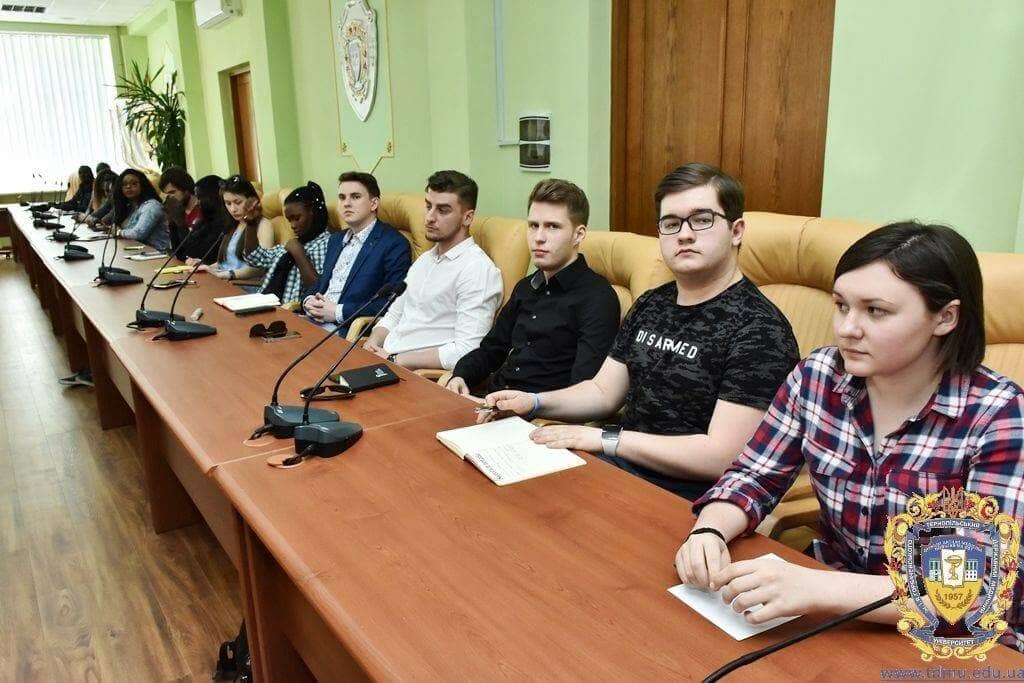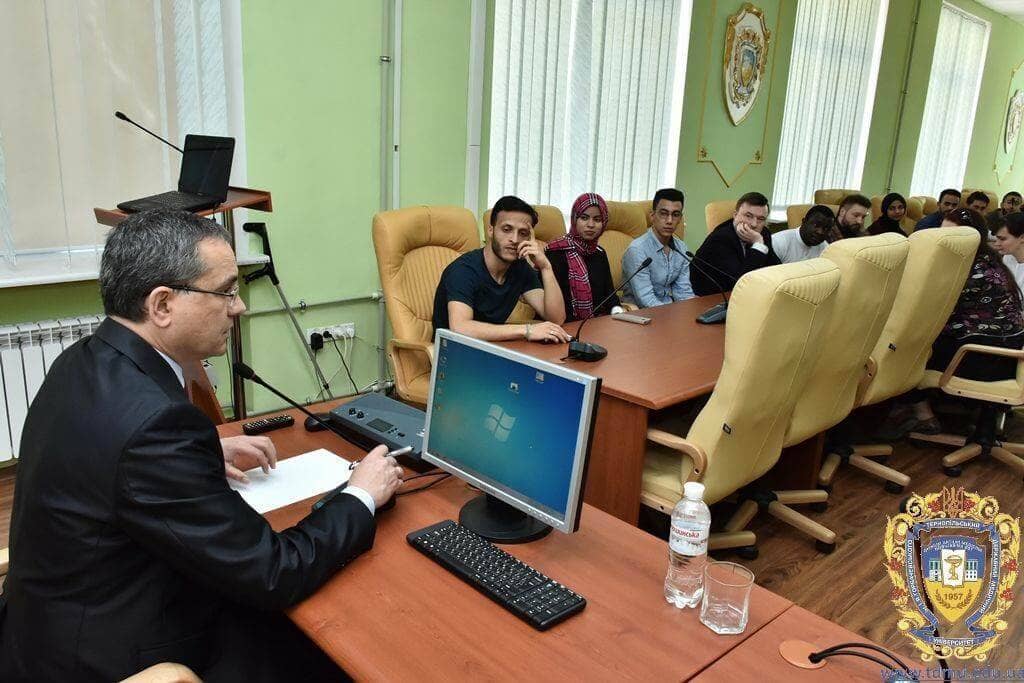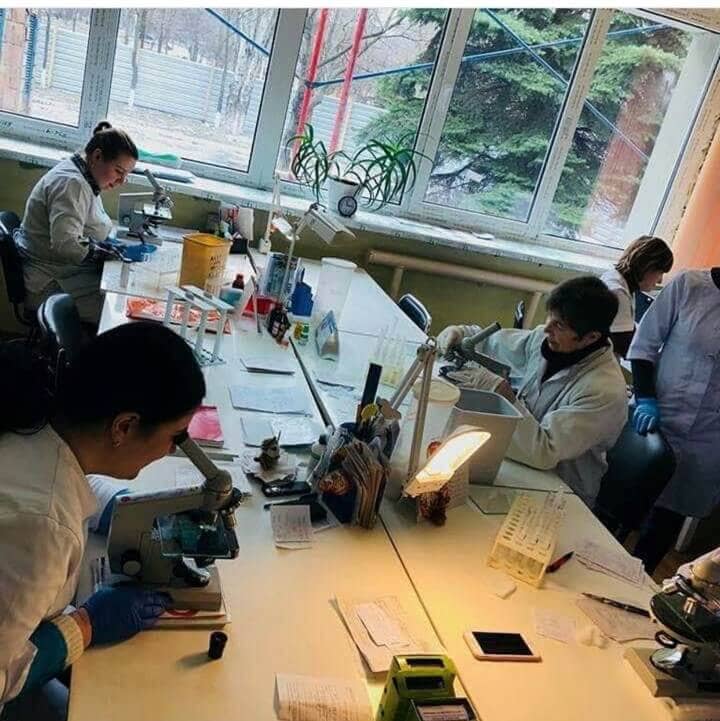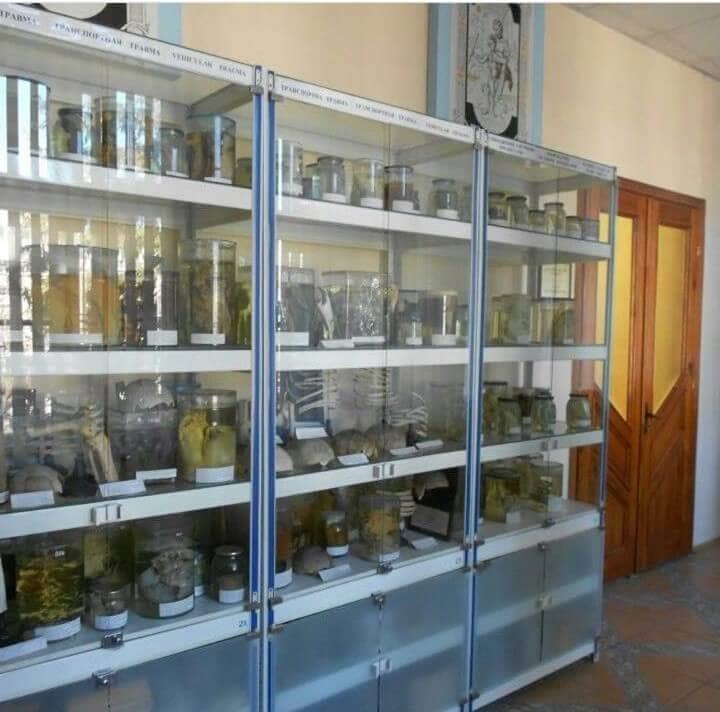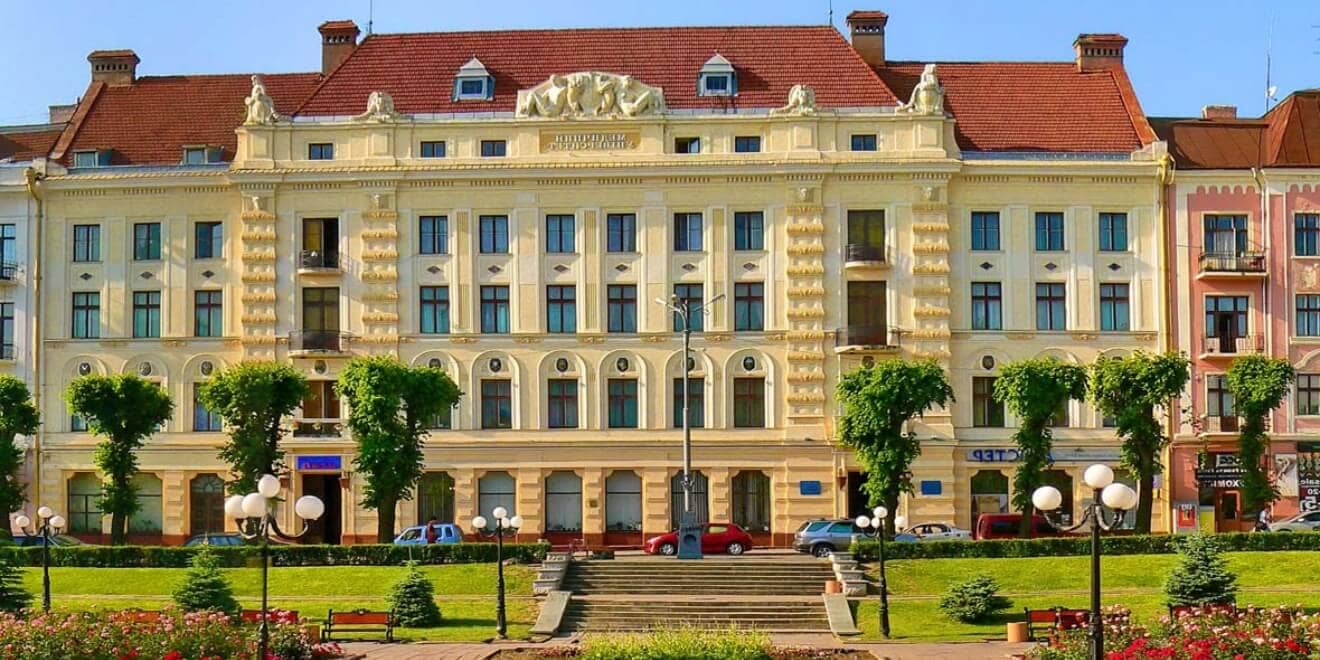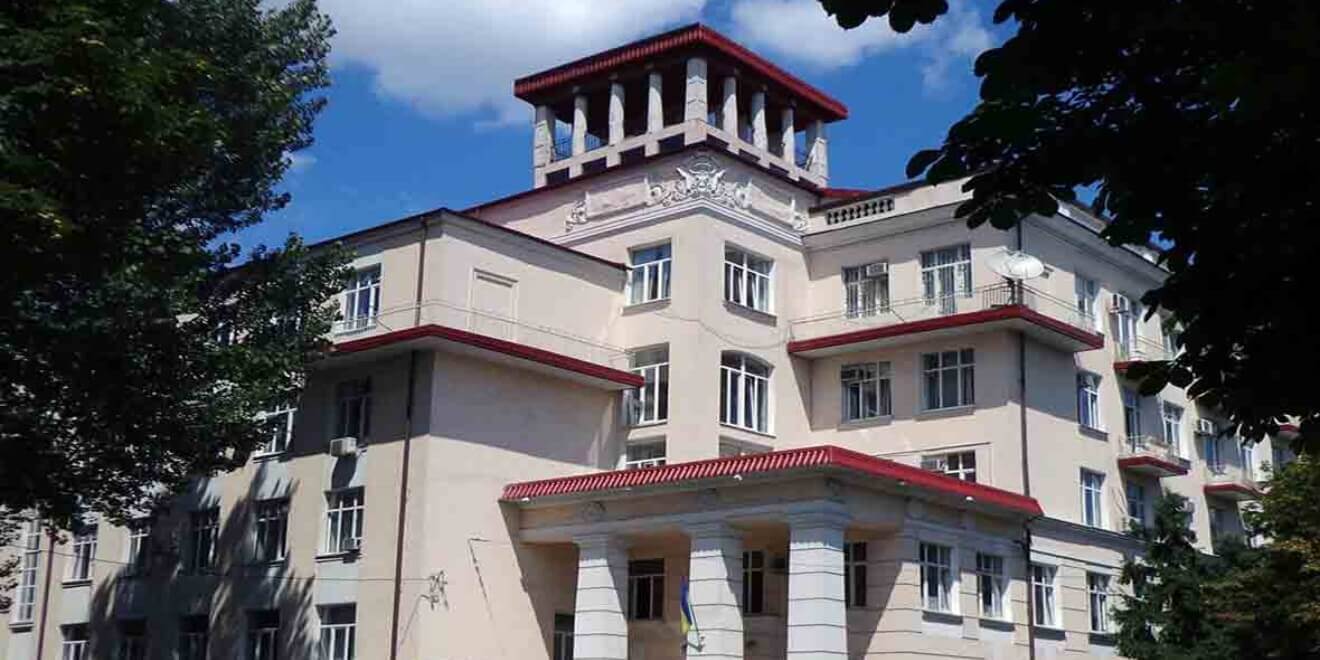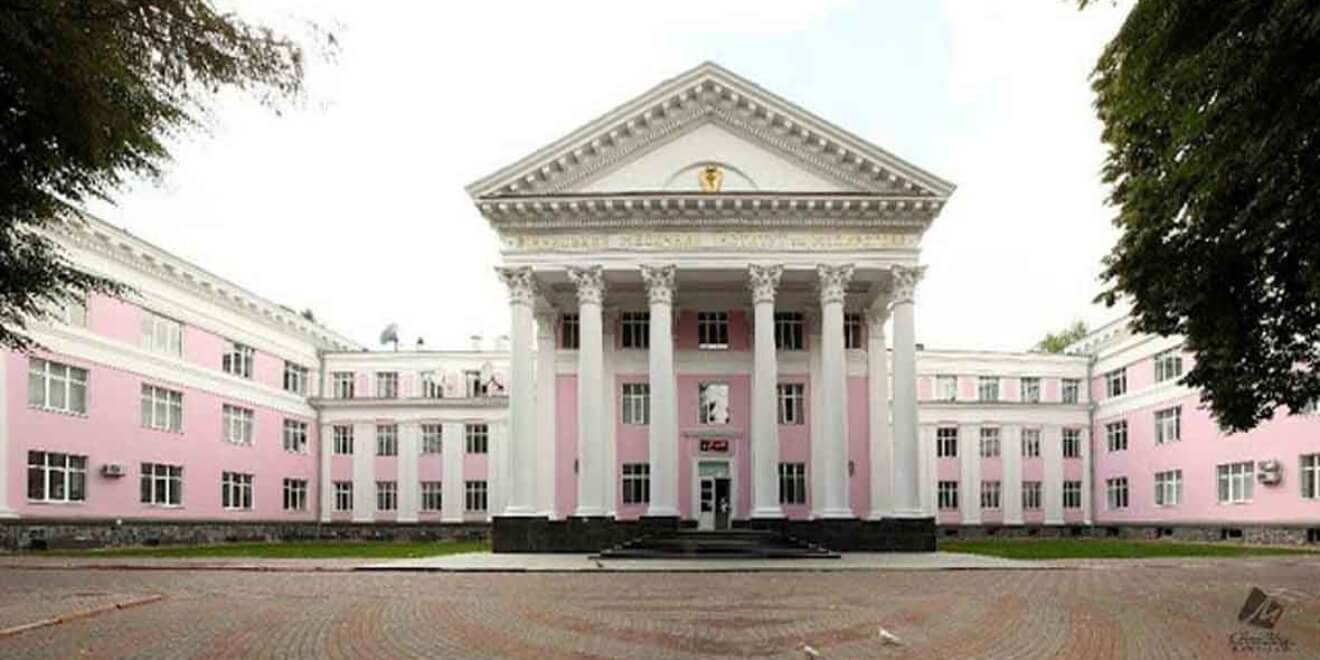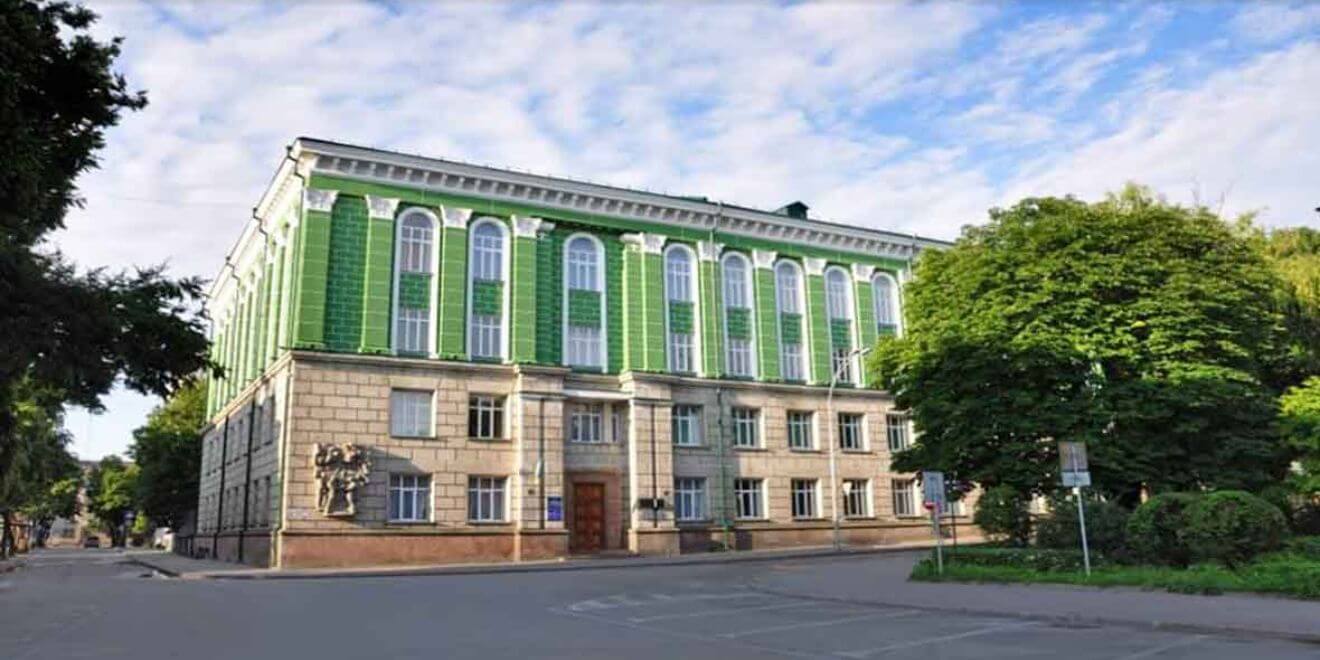
Ternopil State Medical University
TSMU stands as a leading medical education and research institution within the tertiary faculty of medicine. Its continuous growth aims to establish it as a premier and enduring center for academic research, dedicated to nurturing highly skilled and competitive professionals acknowledged globally by their peers. These professionals are confident that their training meets the demands of contemporary society.
Ternopil State Medical University
Welcome to Ternopil State Medical University! As a new Rector and also alumnus, I am overwhelmed with honor and excitement to lead this University into spectacular future of collaboration between faculty, students, alumni, and friends not only within Ukraine, but also with our colleagues from abroad. I was always astonished by the widespread energy and enthusiasm of our people. No matter if it is teaching, conducting research, maintaining every day’s University affairs, or serving the local community, our faculty and staff are excited about their job and the potential we have. The level has been set, as per the latest Ministry of Public Health of Ukraine rankings between Medical and Pharmacy schools of the fourth accreditation level, Ternopil State Medical University was awarded the first place. It is our job now to maintain this legacy and to bring it up to a brand new level. I have complete confidence that our University will continue to improve its stature as one of the nation’s top Medical Universities. Whether you visit us online or in person, I cordially wish you a warm welcome, as there is no better place to study, to grow, to develop an outstanding personality, and to become a truly devoted and skillful doctor. I invite you to get back in touch, and share your ideas and dreams for our future. Office of the Rector is always open to you.
Ternopil State Medical University
The Faculty Of Medicine Of I.Ya. Horbachevsky Ternopil State Medical University Of The Ministry Of Public Health Of Ukraine
Ternopil State Medical University
The Faculty of Medicine has a rich history intertwined with that of Ternopil State Medical University (TSMU). It was initially established as the General Medicine faculty in 1957, coinciding with the founding year of TSMU. At its inception, the faculty operated from two educational buildings and utilized the City Hospital, later known as the Regional Hospital, as its clinical base. Additional infrastructure including a morphological building and a new hostel were under construction.
The faculty started with 19 departments and a teaching staff of 66, including one M.D. and 17 Candidates of Medical Sciences. Among these were notable figures like K.V. Kovanov, Yu.T. Komorovsky, A.I. Lokay, I.O. Sytnyk, and M.P. Skakun, who started as young teachers-scientists and later became professors and honored scientists.
During its early years, the faculty had 624 students across three courses, with 210 in the first year. A significant number of students, 120 from the second year and 224 from the third year, voluntarily transferred from medical institutes across Ukraine, Russia, and other former USSR republics. The Dean’s Office and departments worked diligently to organize the educational process, develop teaching methods, and maintain the quality of students’ training.
In the 1960-1980 period, Ternopil State Medical University (TSMU) experienced significant growth and achievements. The Morphologic building and regional polyclinic were operational, and the Regional Hospital, serving as the principal clinical base, was completed. TSMU had 1360 students, 30 departments, and 148 teachers, including 7 Doctors of Medicine and 66 Candidates of Sciences.
The first graduating class in June 1961 included 203 physicians from TSMU, with several graduates later earning advanced degrees. Notable alumni like I. Chekman, V. Antoniv, D. Seimivsky, and S. Yakymenko made substantial contributions to the medical field, holding positions as professors and department heads in prestigious institutions and earning recognition for their work.
During this time, TSMU expanded its material and educational scientific base, constructing hostels, a vivarium with laboratories, and increasing its faculty to 178 teachers, including 13 Doctors of Medicine and 82 Candidates of Medical Sciences across 32 departments. These developments marked a period of growth and progress for TSMU.
In 1972, the sports and sanitation camp “Berizka” was established in Bilche-Zolote to enhance the well-being of students and faculty members. The construction of the sports building was completed in 1971, and in 1989, the preventive clinic building was inaugurated. The construction of the large regional psychoneurological hospital in 1971 significantly improved the effectiveness of training in the Department of Nervous Diseases and Psychiatry.
Ternopil State Medical University (TSMU) boasts several educational museums, including the Biology Department Museum and the Anatomy Department Museum, renowned as one of the best in Ukraine. The Museum of Institute History was established in 1982. In April 1982, TSMU celebrated its 25th anniversary, coinciding with the commissioning of new hostels for 1000 students. These accommodations included separate rooms for student couples.
The university’s independence ushered in new opportunities, aligning with market dynamics and the European educational framework. In 1994, TSMU achieved IV accreditation, authorizing the training of 400 students at the Faculty of Medicine.
Notable figures like Professors L.Ya. Kovalchyk, M.A. Andreychyn, Ya.I. Fedoniuk, O.O. Markova, M.I. Shved, S.V. Khmil, S.I. Smiyan, S.N. Vadziuk, S.I. Shkrobot, and V.V. Bihuniak are Honorary Workers of Science and Technology of Ukraine. Professors O.M. Yedynak and V.V. Demianenko were honored with the title of Honorary Inventor of Ukraine.
Over 15,000 doctors have graduated from the Faculty of Medicine. TSMU underwent comprehensive restructuring, particularly in its teaching and learning activities, aligning them with international standards and the distinctive qualities required of specialists.
The emergence of a new era ushered in positive transformations in education, national and patriotic engagement, and spiritual enrichment. The governance structure involving tutors and student self-governance was refined. Various cultural and sports activities, such as brass bands, choirs, dance groups, folk instrument ensembles, and sports clubs, gained popularity. Students actively participated in forums like the Club of Talented Youth, amateur theater, and discussion clubs, contributing to a vibrant cultural scene. The university boasted its own art gallery, nurturing a new generation of poets among both faculty and students. Notable poets like Lesia Romanchuk, a member of the Ukrainian Society of Writers, Valeriy Didukh, and Roman Ladyka, published poetic anthologies during this period.
Substantial improvements were made to the material and technical infrastructure. Buildings underwent renovation and modernization, while hostels were refurbished, and a network of student cafes and canteens was established. In 1998, the Sport-Health Centre “Berizka,” a recreational facility for TSMU’s faculty and students, was renovated, and in 2001, a new sport-health center “Chervona Kalyna” was acquired 28 kilometers from Ternopil.
In 2005, under the leadership of Rector Prof. Kovalchuk L. Ya., four research institutes were established based on theoretical departments: Morphology; Medical and Biologic Problems; M.P.Skakun Pharmacology, Hygiene and Medical Biochemistry; and Modelling and Analysis of Pathologic Processes.
Over the past 15 years, TSMU’s material and technical resources have significantly expanded. All departments, along with the library featuring four reading halls and branches at clinical departments and research institutes, have been digitized. The university set up a computer center and 39 Internet-connected computer classrooms. TSMU’s faculty developed approximately 250 instructional multimedia CDs containing electronic textbooks, video materials, and test programs, totaling more than 23,700 items.
The Faculty of Medicine at Ternopil State Medical University (TSMU) has implemented new educational approaches based on international practices. These include the credit-modular system, the “One subject a day” principle, practical skills lines, a practical-oriented Z-system of education, semester test control conducted in the TSMU independent test center, and a network training system using Internet technologies similar to the Medical University of Vienna, which is unprecedented in Ukraine. The establishment of the independent test center aims to prevent corruption within TSMU. Additionally, practical skills matriculae, daily distance test control using “Moodle” technologies, and Objective Structured Clinical Examination (OSCE) for assessing practical skills mastery by senior students have been introduced.
There is ongoing collaboration between clinical departments and practitioners from municipal medical institutions, providing a strong clinical basis for training. Highly skilled professors, associate professors, and teachers actively involved in medical practice significantly contribute to delivering quality medical care to the city and regional populations.
In the 2011/12 academic year, TSMU enrolled students in the newly opened “Medical and preventive care” specialty (with a licensed quota of 50 students) for the first time. Licenses were also granted to offer training for the “Bachelor” academic degree in the “Human Health” specialty (30 students) and the “Biology” specialty (30 students). Furthermore, the licensed quota for training specialists in the “General Medicine” specialty increased from 400 to 500 students. Subsequently, in 2014, the licensed quota for “General Medicine” specialists increased to 700 students.
Ternopil State Medical University consistently ranks high in state testing among Ukrainian medical institutions, especially in the Faculty of Medicine, including the specialty “General Medicine.” It is renowned for its excellent MBBS program, attracting a significant number of foreign students each year. The university stands out for its highly qualified staff proficient in English, making it an ideal destination for international students to study medicine.
Ternopil State Medical University enjoys a strong reputation not only in Ukraine but also across Europe for its medical education standards. One of its distinctive features is its affordable tuition fees, aimed at promoting international standards of medical education accessible to students from diverse backgrounds. This affordability is made possible by the extensive research conducted by the university’s medical scientists, who are among the best in Ukraine and contribute significantly to the field.
Ternopil State Medical University
| Ternopil State Medical University | 1st Year | 2nd Year | 3rd Year | 4th Year | 5th Year | 6th Year |
|---|---|---|---|---|---|---|
| Tuition Fees/Year in US Dollars | 3700 USD | 4200 USD | 4200 USD | 4300 USD | 4400 USD | 4400 USD |
| Total in Indian Rupees/Per Year | 2,40,500 INR | 2,73,000 INR | 2,73,000 INR | 2,79,500 INR | 2,86,000 INR | 2,86,000 INR |
Ternopil State Medical University
Ternopil State Medical University offers excellent hostel facilities with fully furnished rooms in a quiet study environment surrounded by recreation centers. The hostel rooms are furnished and come in different sizes, accommodating either 2 or 3 students per room. Each room is equipped with a bed, mattress, pillow, blanket, desk, chair, heater, water heaters, and suitable lighting for studying and relaxation. There are common areas for students to socialize and play.
Upon arrival, students are assigned specific accommodations, and after a satisfactory health report, they are allocated to their allotted rooms. The hostel rooms also have attached washrooms for convenience. Additionally, each room has a kitchen where students can cook their own meals; however, they need to bring their own kitchen utensils. Meals can also be purchased from various food outlets on campus.
For foreign students, the university provides a mess facility according to their dietary preferences.
